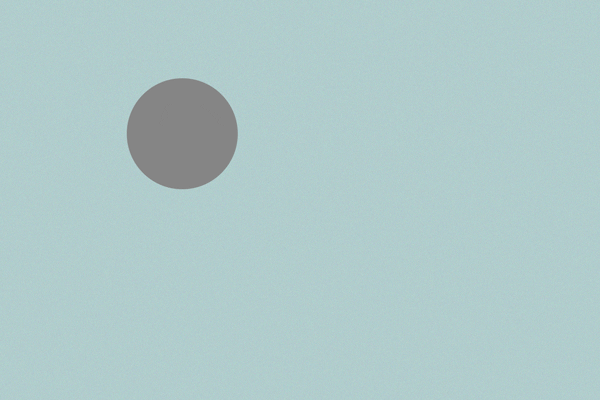The digital dilemma: Smart tech, dull minds
Want to meet someone new? Swipe right. Returning a call? Your voice assistant will do it for you. Answering a difficult email? An AI can craft the reply for you. What are we giving up in exchange for convenience and access to infinite information? Let’s take a Deep Dive.
🌐 The invention of the World Wide Web in 1990 made the internet mainstream with the public and was the crucial step in developing the vast pool of information that many of us have access to today.
👍 We have enjoyed remarkable benefits from the invention of the internet such as healthcare advancements, the democratisation of information and increased opportunities.
🧠 Digital technology has also been shown to alter our brains and behaviour negatively, increasing the likelihood of impaired emotional and social intelligence among other effects.
🌊 We are hardly 50 years into the Third Industrial Revolution, but experts say that we are on the cusp of the Fourth where we will see the blurring of boundaries between the physical, digital and biological worlds.
BY THE NUMBERS

57% Consumers globally are now dedicating more of their daily media time to digital platforms, including social media and mobile internet, which make up 57 percent of their media consumption, surpassing traditional media forms.
51% A recent survey of undergraduates found that 51 percent view the use of AI tools such as ChatGPT for assignments and exams as a form of cheating.
25% A study by a Japanese neuroscientist showed that individuals who took notes about a calendar event on paper exhibited more brain activity and were 25 percent quicker at recalling it than those who recorded the information via a smart phone.
QUIZ
While most of the world, a good 5.35 billion, has access to the Internet, how many people still live offline?
A. 964 million
B. 1.2 billion
C. 2.6 billion
Scroll to the bottom for the answer.
DID YOU KNOW?

Our iPhones now hold more processing power than the computers on Apollo 11, the spaceflight that helped man land on the moon in 1972. Even crazier, the TI-73 graphing calculator—launched in 1998—used by students has eight times more random-access memory (RAM) than Apollo’s computer.
THE EDIT
❓ Digital amnesia. Our increasing reliance on smartphones for reminders and information potentially impairs our memory and ability to form new memories due to constant distractions.
👁️ My oh myopia. Prolonged exposure to screens is causing our eyeballs to continually grow, significantly altering our eyesight.
🧠 Smart supplements. University of Cincinnati’s social and behavioural expert Anthony Chemero says that smart technology changes the way we engage our cognitive faculties, allowing us to do more.
🤝 Inclusive futures. With technology, the largest minority group, people with disabilities, have been empowered to be part of the workforce.
WATCH
The consequences of excessive screen time on young and matured minds may have more profound effects than you think.
THE FULL PICTURE

The number of mobile phone subscriptions surpassed the global population in 2016 and continues to rise. In 2022 alone, there were more than 8.58 billion mobile phone subscriptions in use worldwide.
KEY PLAYER
Konrad Zuse
There have been many who contributed to the digital revolution, including English mechanical engineer Charles Babbage, the inventor of the first mechanical computer, and American mathematician Claude Shannon, who showed how information could be delivered over various communication channels. But German engineer Konrad Zuse is credited as the inventor of the modern programmable computer.

HONOUREE TO KNOW
Yeoh Wan Qing
Opportunities for at-risk young people outside the traditional school system are rarely equal and Yeoh Wan Qing knows that well. Yeoh’s Hatch offers them comprehensive training in user experience and user interface design, with students learning web design and digital marketing, as well as communication and teamwork, and then serving internships with partner startups.

ONE FINAL THING

The advent of the internet brought about an explosion of cute cat videos. Although one might find themselves falling down the rabbit hole of videos, scientists suggest that these videos can benefit your health.



